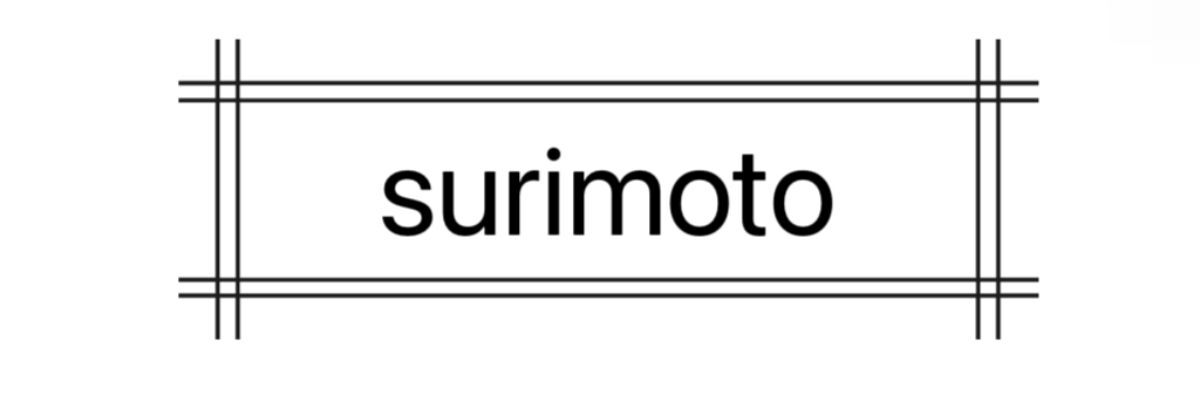11 Innovative Recycled Clothing Labels Transforming Sustainable Fashion Today
Jun. 01, 2025
In recent years, sustainability has become a key buzzword in the fashion industry, and the focus has shifted towards innovative practices that reduce environmental impact. One such movement gaining traction is the use of recycled clothing labels, which not only promote eco-friendly practices but also showcase the commitment of brands towards sustainable solutions.
Contact us to discuss your requirements of recycled clothing labels. Our experienced sales team can help you identify the options that best suit your needs.
Understanding the Importance of Recycled Clothing Labels
Recycled clothing labels serve as a crucial component in sustainable fashion, emphasizing transparency and responsibility in the production process. These labels, made from materials that may otherwise contribute to landfill waste, carry vital information about ethical practices and sustainable sourcing, encouraging consumers to make informed choices.
Impact on Consumer Behavior
Despite their benefits, many customers face challenges when using products with recycled clothing labels. For some, the lack of understanding about sustainable fashion terminology can create confusion. This disconnect often results in hesitance to purchase eco-friendly products, as consumers may feel overwhelmed by the ethical implications surrounding their clothing choices.
Identifying Customer Groups Affected
The customer groups most affected include environmentally-conscious shoppers who want to support sustainable brands but may lack the knowledge to differentiate between genuine eco-friendly products and those that are merely marketing themselves as such. Additionally, younger generations, who are typically more attuned to social issues, place a higher value on transparency and might feel misled if labels do not accurately reflect sustainability practices.
Proposed Solutions for Enhancing Clarity
To bridge the gap between consumers and sustainable fashion, companies can take several steps to improve the effectiveness of recycled clothing labels.
1. Simplified Information
Brands should focus on providing clear, uncomplicated information on their labels. This might include a straightforward explanation of what recycled material is, along with icons that indicate the sustainability practices of the company. By streamlining information, consumers can quickly grasp the importance of recycled clothing labels.
2. Educational Campaigns
Incorporating educational campaigns that explain the benefits of recycled clothing can also be impactful. Brands could utilize social media, workshops, or in-store displays to educate customers on the process of creating recycled materials and the environmental advantages. Such outreach can demystify the label’s content while fostering greater appreciation for sustainable practices.
3. Collaboration with Influencers
Partnering with influencers who embody the principles of sustainable living can further promote understanding of recycled clothing labels. When influential figures share their knowledge about sustainable fashion, they can motivate their followers to explore and embrace these eco-friendly choices.
Innovative Examples of Recycled Clothing Labels
Several brands exemplify the transformative potential of recycled clothing labels:
1. Patagonia
Patagonia has long been a frontrunner in sustainable fashion. Through their Worn Wear program, they use recycled clothing labels to inform customers about their commitment to reducing waste and promoting repair and reuse of garments.
2. Reformation
Reformation employs clear recycled clothing labels to provide transparency about the materials used in their clothing, connecting customers with the environmental impact of their purchases.
3. Levi's
Levi's is another brand leading the charge with their WellThread collection, which uses recycled labels made from post-consumer plastic. These labels highlight their commitment to sustainable practices while encouraging customers to recycle their jeans responsibly.
4. A.BCH
A.BCH creates garments that feature recycled clothing labels, educating consumers about every step of the production process in an easily digestible manner.
5. Everlane
Everlane has embraced transparency in their operations. Their recycled clothing labels inform buyers about the origins of their materials, giving them insight into sustainable practices.
6. G-Star RAW
G-Star RAW incorporates recycled labels to signify their use of responsible materials, while also detailing their sustainable initiatives.
7. H&M Conscious Collection
The H&M Conscious Collection includes clear recycled clothing labels, showcasing their commitment to using sustainable materials and engaging customers in the conversation around eco-conscious fashion.
8. ASOS Reclaimed
ASOS has introduced a line featuring recycled clothing labels that are straightforward and informative, enabling consumers to make more sustainable choices.
9. Eileen Fisher
Eileen Fisher’s clothing often comes with recycled labels that educate customers on the life cycle of their garments, promoting the brand’s take-back program.
10. Stella McCartney
Stella McCartney emphasizes sustainability with her luxurious designs that use recycled materials and transparent labels to convey their eco-friendly approach.
11. Nudie Jeans
Nudie Jeans uses recycled clothing labels that encourage customers to return their jeans for repair or recycling, promoting a circular economy in fashion.
Conclusion
The integration of recycled clothing labels into sustainable fashion is a vital step toward creating a more responsible industry. By addressing the barriers customers face and implementing clear solutions, brands can enhance their customers' understanding of sustainability, fostering a deeper connection between consumers and eco-friendly practices. Collectively, these efforts pave the way for a more informed and environmentally-conscious fashion community.
For more information, please visit silicone rubber labels manufacturer.
252
0
0


Comments
All Comments (0)